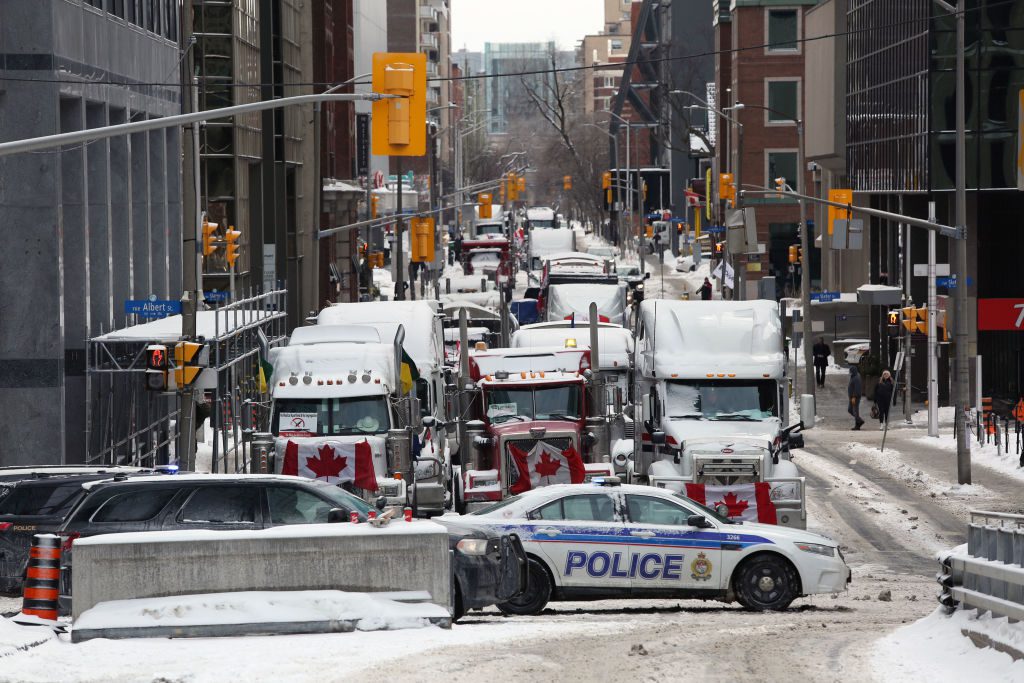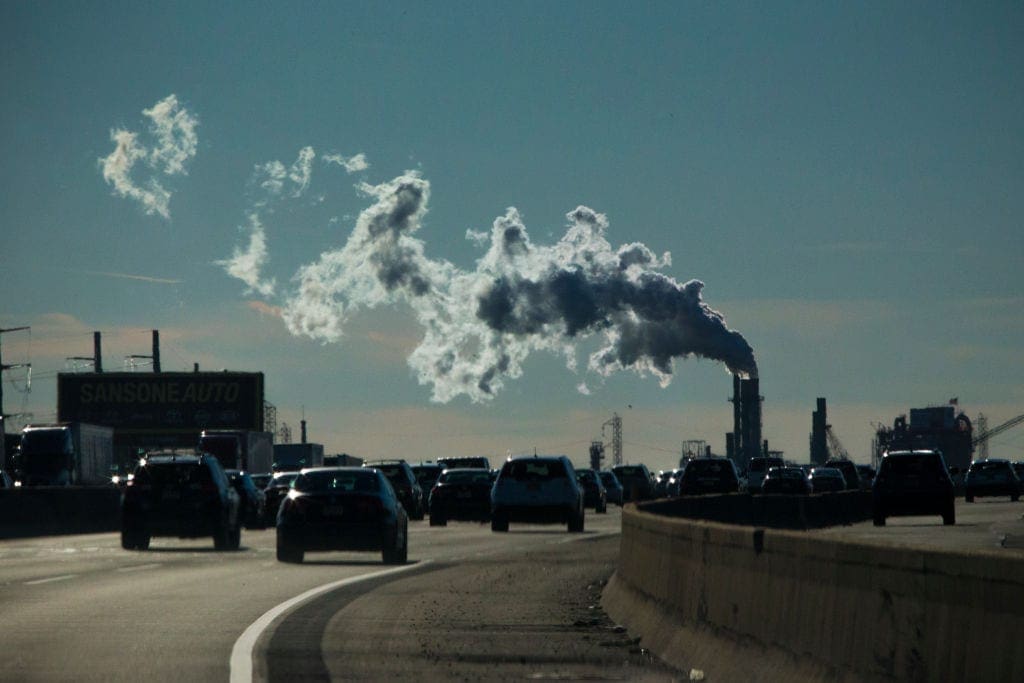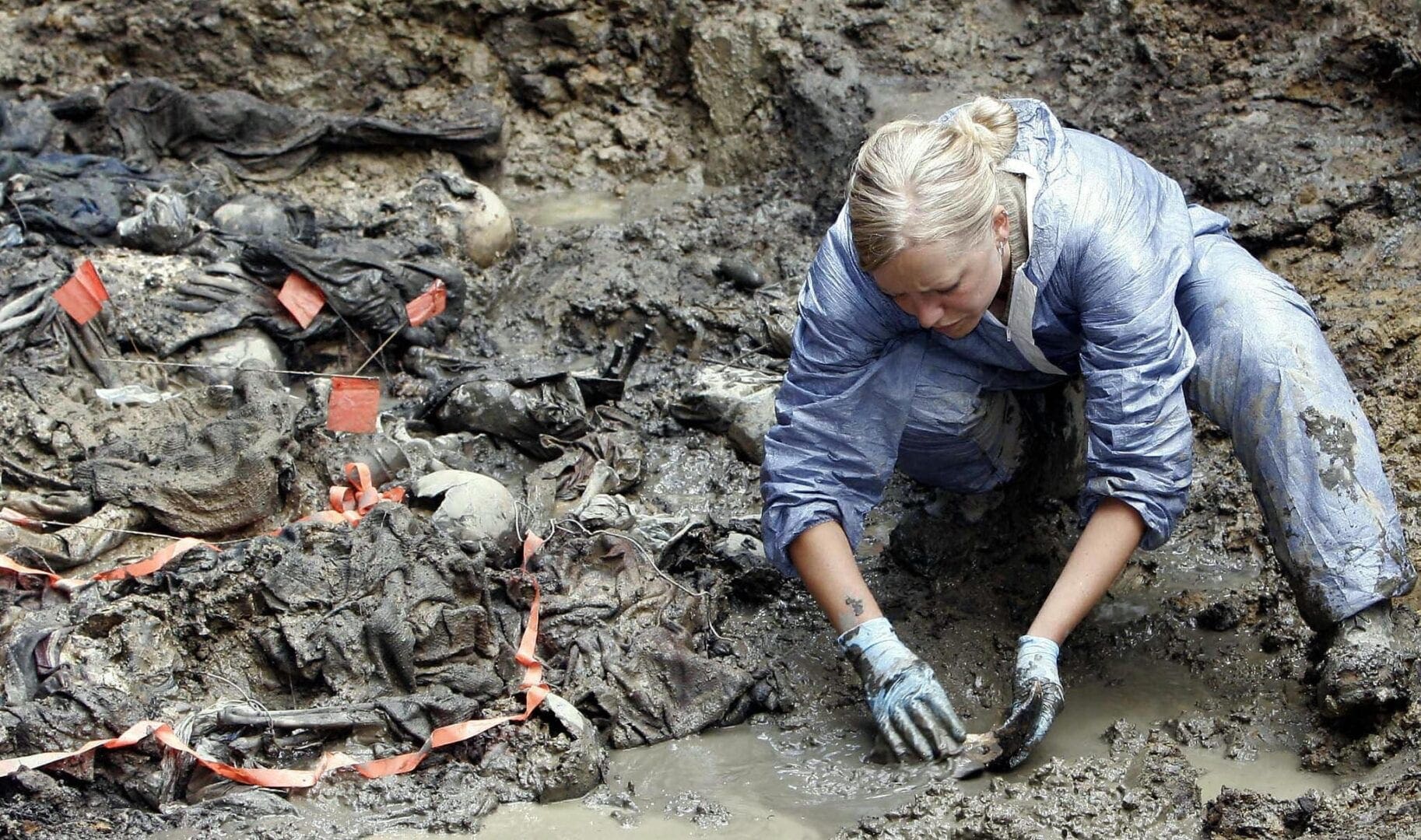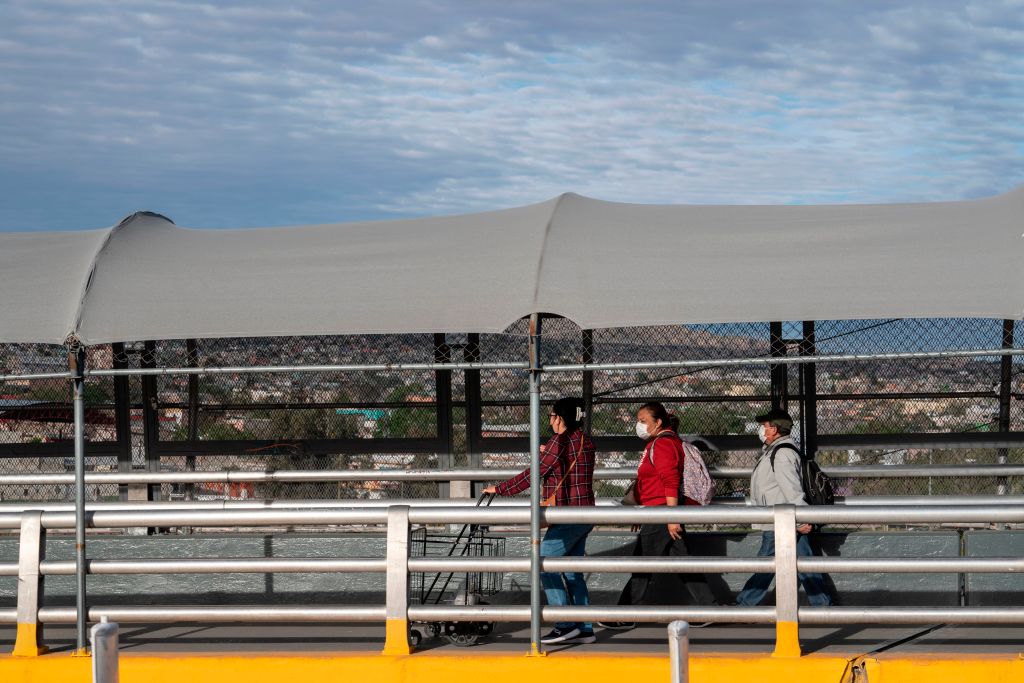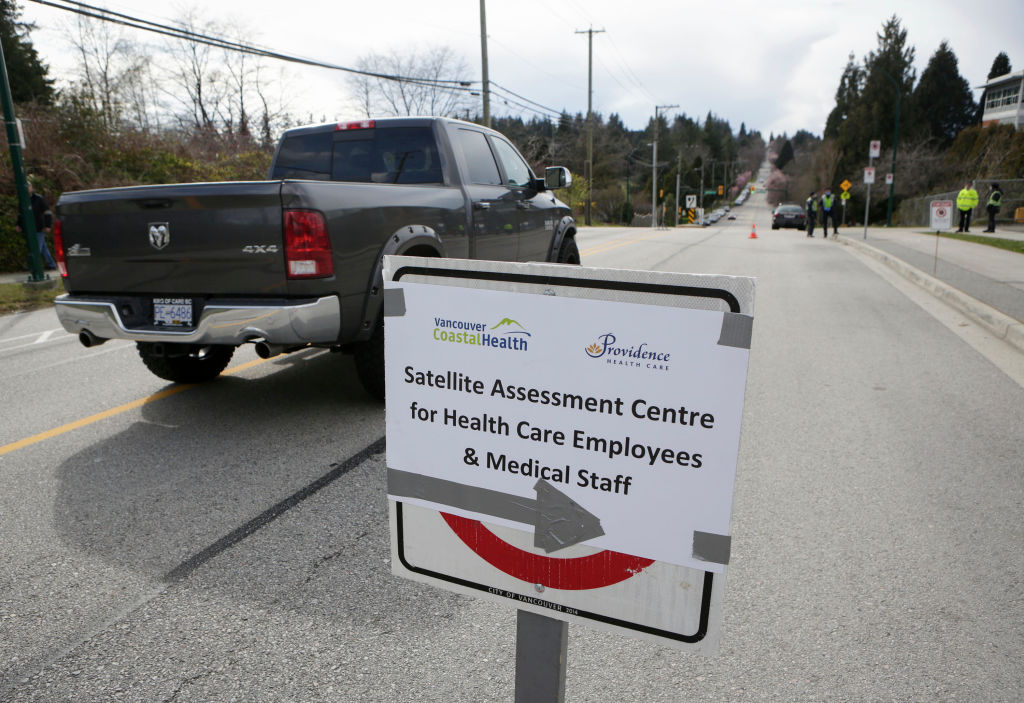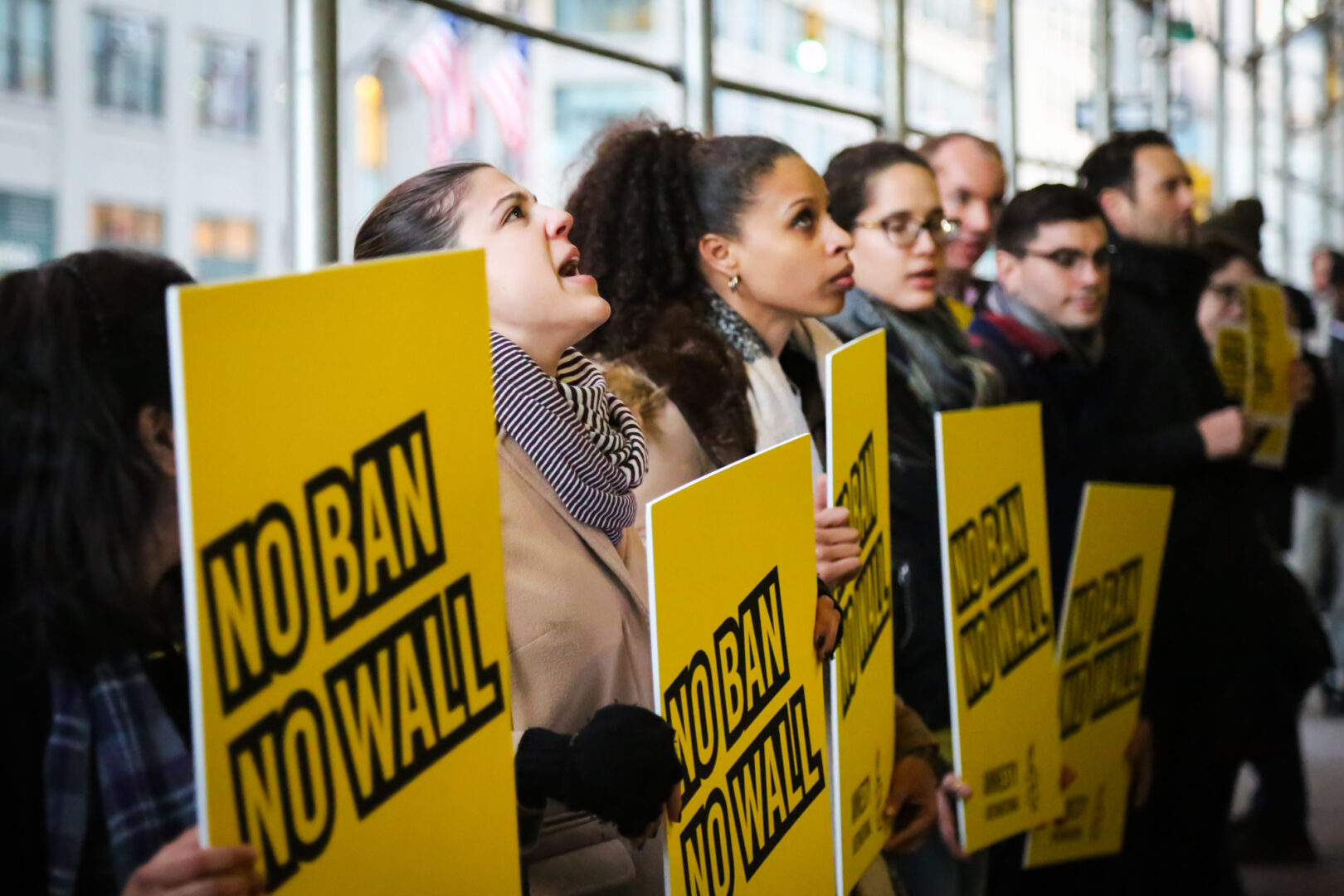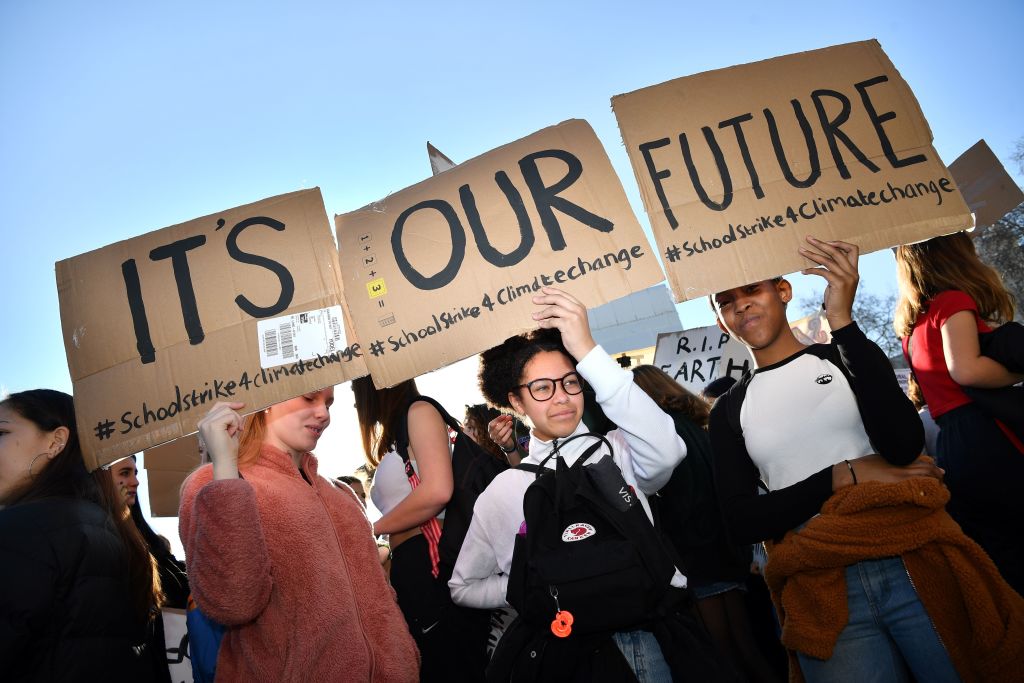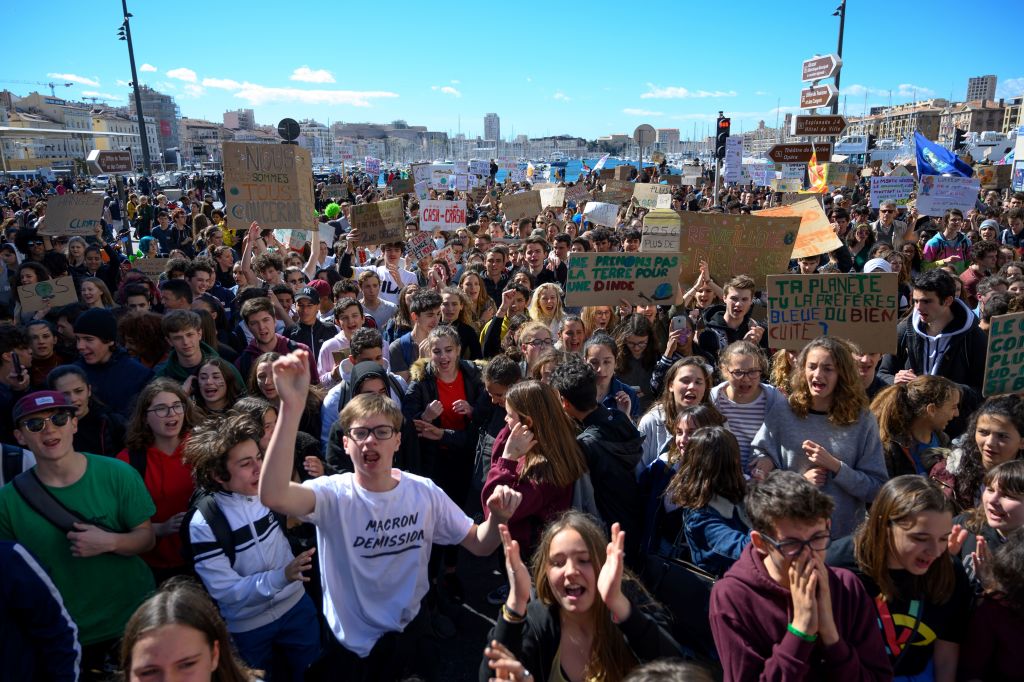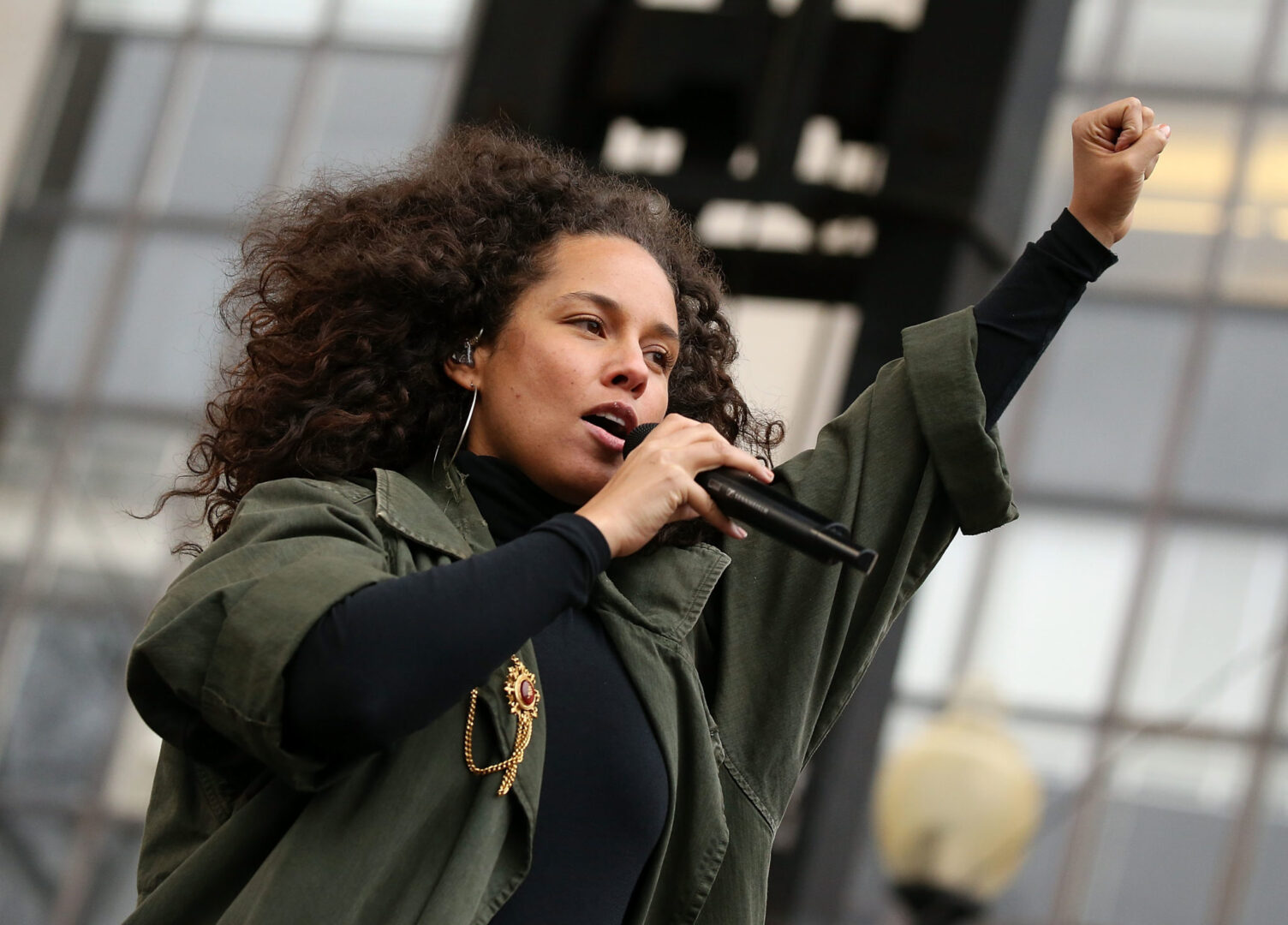The following information is based on the Amnesty International Report 2021/22. This report documented the human rights situation in 149 countries in 2021, as well as providing global and regional analysis. It presents Amnesty International’s concerns and calls for action to governments and others.
CANADA 2021
There were concerns about government responses to the Covid-19 pandemic and inaction on the rights of Indigenous peoples, Black and racialized communities, women, refugees and migrants.Indigenous peoples’ rights
In April, the CERD Committee called on Canada to investigate allegations of racist violence against Mi’kmaw people. In June, parliament passed a law implementing the UN Declaration on the Rights of Indigenous Peoples.Indigenous children
Between May and the end of the year, the remains of more than 1,381 Indigenous children buried at six former residential schools were located. The Canadian government established the schools, and churches administered them.1 The authorities failed to fully implement and share a public timeline for the 94 calls to action of the Truth and Reconciliation Commission of Canada or to implement the 142 calls for action from the Public Inquiry Commission on relations between Indigenous peoples and public services in Quebec. In September, the Federal Court upheld the Canadian Human Rights Tribunal ruling ordering Ottawa to pay Can$40,000 (approximately US$32,000) to each of the approximately 50,000 First Nations children forcibly separated from their families. At the end of the year, the parties reached an agreement-in-principle whereby Can$20 billion (approximately US$15.7 billion) will be paid in compensation to First Nations children who were removed from their homes and approximately Can$20 billion over five years will be spent on long-term reform of the First Nations Child and Family Services program.Joyce’s Principle
In February, the minister of Indigenous services announced Can$2 million (approximately US$1.6 million) in funding to the Conseil de la Nation Atikamekw (Council of Atikamekw Nation) and the Conseil des Atikamekw de Manawan (Atikamekw Council of Manawan) to advance their advocacy for the implementation of Joyce’s Principle, which aims to guarantee all Indigenous people the right to equitable access to all social and health services without discrimination. The Principle was named after Joyce Echaquan, an Atikamekw woman who was subjected to racist taunts by hospital staff before dying in a Quebec hospital in September 2020. In September, the Quebec provincial government again denied the existence of systemic racism in the province and continued to refuse to adhere to Joyce’s Principle. The coroner’s report investigating Joyce Echaquan’s death stated that the province of Quebec’s government must acknowledge the existence of systemic racism and commit to eliminating it.Right to water, health and housing
Canada did not meet its commitment to ensure access to safe, clean water in First Nations communities by 31 March 2021. In October, petroleum was discovered in Iqaluit’s water supply, forcing residents to rely on alternative sources. Despite the prevalence of Covid-19, Indigenous peoples continued to lack healthcare facilities and services, and lived in underfunded and overcrowded housing.Discrimination
Racialized communities continued to experience systemic racism, including in interactions with police forces. In December 2020, Black federal employees launched a landmark class-action lawsuit against the federal government, alleging decades of systemic and institutional racism in public services. The case remained pending before the Federal Court of Canada at the end of the year. In May, Indigenous leaders called for an investigation of the Royal Canadian Mounted Police on Vancouver Island after the shooting of two Tla-o-qui-aht people in the first half of 2021 which left one dead and one seriously injured. In July, the First Nations Leadership Council renewed the same call following the shooting of a Wet’suwet’en man in British Columbia. In August, the Commission des droits de la personne et des droits de la jeunesse du Quebec (Human Rights and Youth Rights Commission of Quebec) published a report indicating that racial profiling complaints had increased by 87%, from 46 in 2018-2019 to 86 in 2020-2021.Refugees’ and migrants’ rights
Between 21 March 2020 and 21 June 2021, 444 people seeking asylum were pushed back to the USA under measures to curb the Covid-19 pandemic. These measures were rescinded on 20 November 2021. In April, the Federal Court of Appeal overturned a decision that found the Canada-US Safe Third Country Agreement unconstitutional. In December, the Supreme Court of Canada granted leave to appeal against that decision. Immigration detention practices continued to violate international human rights law, including the rights of children and people with disabilities.2Womens’ rights
The 2021-2022 federal budget included a commitment of over Can$27 billion (approximately US$21 billion) over five years to create a national affordable childcare system. In March, the Canadian Alliance for Sex Work Law Reform launched a lawsuit to strike down Canada’s laws criminalizing sex work on the grounds that these laws violate sex workers’ rights. The case was pending at the end of the year. In June, Canada launched a National Action Plan to implement the 231 Calls for Justice from the National Inquiry into Missing and Murdered Indigenous Women and Girls, but failed to outline accountability measures and an implementation timeline. In June, the Senate Standing Committee on Human Rights released a report on forced and coerced sterilization, a practice that disproportionately impacts Indigenous women, girls and two-spirit people.LGBTI people’s rights
A bill to criminalize “conversion therapy”, a process that seeks to change a person’s sexual orientation or suppress a person’s gender identity or expression, became law on 8 December.Corporate accountability
In January, Amazon factory staff reportedly continued to work despite health and safety concerns related to the pandemic. The company opposed workers’ attempts to unionize. Canadian resource extraction companies continued to operate extraterritorially with little human rights or environmental oversight from the Canadian or host-state governments. Developers of the Trans Mountain pipeline did not obtain the free, prior, informed consent of all Secwepemc communities affected. In April, several men attacked Secwepemc women land defenders at a camp in Blue River, British Columbia, who were protesting against the construction of the company’s industrial camps. Between September and December, armed Royal Canadian Mounted Police officers arrested 36 peaceful land defenders opposed to the construction of the Coastal Gaslink pipeline in Wet’suwet’en traditional territory in British Columbia, including three journalists covering the protests.Failure to tackle climate crisis
Canada continued to subsidize the fossil fuel industry, specifically exploration and development projects, and exploitation and transport of oil and gas. In June, the federal government enacted Canada’s first climate accountability legislation, the Canadian Carbon Neutrality Accountability Act.Irresponsible arms transfers
Canada continued to transfer arms to Colombia despite militarized repression of demonstrations that resulted in human rights violations. Canada continued to export arms to Saudi Arabia, despite risk assessments of the transfers that did not conform to the Arms Trade Treaty.3Relevant Links
- Canada: Justice for Indigenous Children (Index: AMR 20/4279/2021), 14 June
- Canada: I Didn’t Feel Like a Human in There: Immigration Detention in Canada and its Impact on Mental Health (Index: AMR 20/4195/2021), 17 June
- “Canada-Saudi arms deal flouts international law: Amnesty International, Project Ploughshares report”, 11 August
- For more information visit the Amnesty.org Country page

